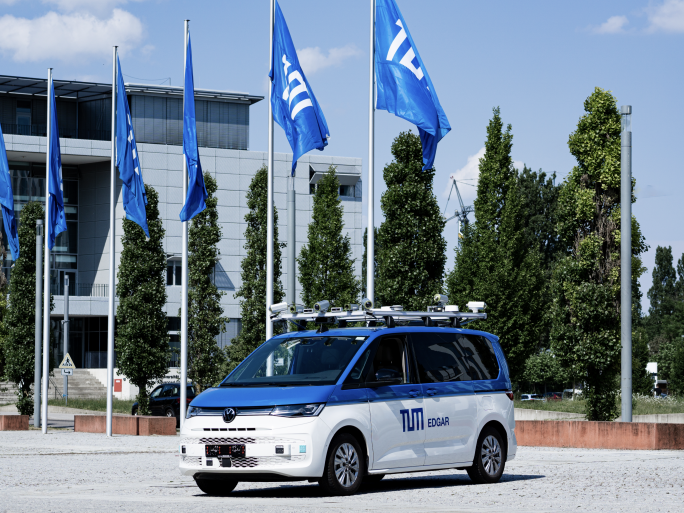TU Munich Launches Munich Data Science Institute

Central interface for data science, machine learning and artificial intelligence.
Developments in machine learning, artificial intelligence, natural language processing or computer-based imaging are fundamentally changing society, the economy and even the knowledge gain of science. With the goal to further develop the fundamentals of modern data science, ML and AI and to bring them into potential applications, the Technical University of Munich (TUM) has founded the Munich Data Science Institute (MDSI). As an integrative research institute, the MDSI bundles the competencies of more than 60 professors across disciplinary boundaries.
Stephan Günnemann, Executive Director of the MDSI and Professor of Data Analytics and Machine Learning, said on the occasion of the opening of the institute: “At the MDSI, we want on the one hand to research the fundamentals of modern data science. This involves the areas of mathematics and computer science that deal with machine learning. But on the other hand, we also want to apply our findings to specific disciplines, for example in the development of new materials or in personalized medicine.”
Global brand for collaborative data science
Another goal of the institute is to transfer the research results to industry and society in order to achieve a transfer of AI-supported solutions to industry partners and data-related start-ups. At the same time, MDSI supports researchers in meeting the growing demand for data-related tasks in their research and serves as a network for AI experts to exchange ideas across disciplines.
Purely quantitative growth through more and more new but disconnected activities in the field of data science and programs does not create enough impact to play in the global Champions League. “That’s why we are bundling all strategic data science activities under the organizational umbrella of MDSI. In doing so, we aim to minimize redundancies across TUM and drive synergy between disciplines,” says TUM President Professor Thomas F. Hofmann.